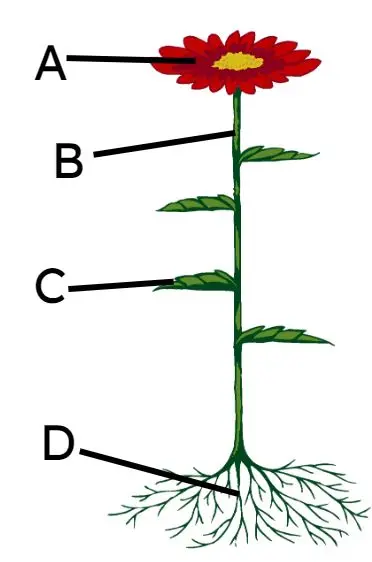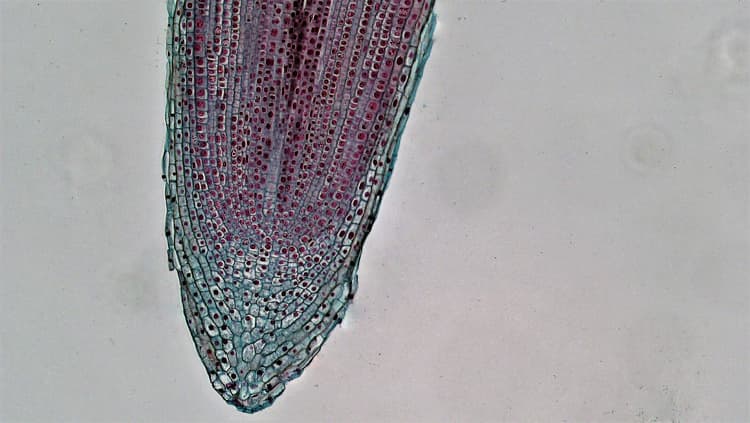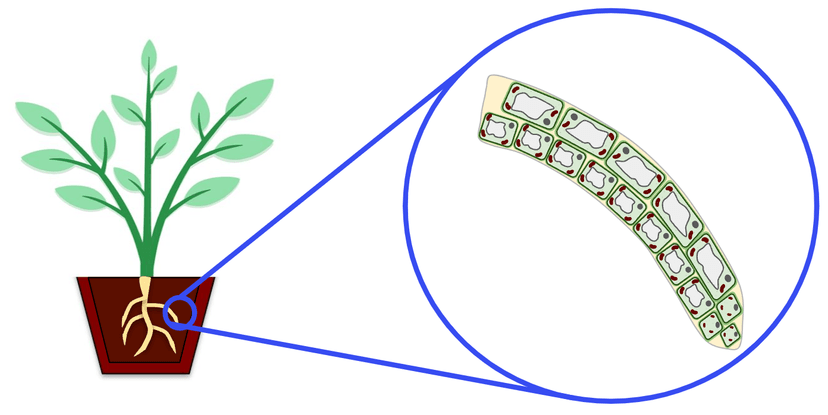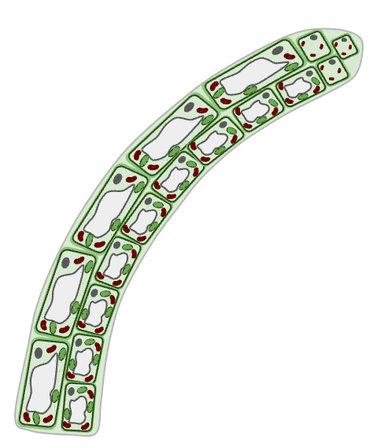Myths about teaching can hold you back
- Year 11
- Edexcel
- Foundation
Auxins, phototropism and gravitropism
I can explain how hormones called auxins cause plant shoots and roots to respond to light and gravity.
- Year 11
- Edexcel
- Foundation
Auxins, phototropism and gravitropism
I can explain how hormones called auxins cause plant shoots and roots to respond to light and gravity.
These resources were made for remote use during the pandemic, not classroom teaching.
Switch to our new teaching resources now - designed by teachers and leading subject experts, and tested in classrooms.
Lesson details
Key learning points
- Hormones control growth and development in plants, and enable plants to respond to some environmental factors.
- Auxins are plant hormones that control tropisms, which are growth responses in plants that provide a survival advantage.
- Phototropism in a shoot: auxins build up on the shaded side and cause cell elongation, so it bends towards the light.
- Gravitropism in a shoot: auxins build up on the lower side and cause cell elongation, so it bends upwards.
- Gravitropism in a root: auxins build up on the lower side but this stops cell elongation, so it bends downwards.
Keywords
Hormone - chemicals released by plants that regulate their growth
Auxins - control the growth of plants by promoting cell division and elongation in plant cells
Tropism - a plant growth response to a stimulus, it can be positive (towards) or negative (away from)
Phototropism - a plant growth response towards or away from light
Gravitropism - a plant growth response towards or opposite the direction of gravity
Common misconception
Pupils may think that plants move towards the sun, rather than grow in that direction. Pupils may also think that plants are not living.
Plants grow in a certain direction through mitosis (in meristem) and elongation. Plants are living as they carry out the common processes of living organisms.
To help you plan your year 11 biology lesson on: Auxins, phototropism and gravitropism, download all teaching resources for free and adapt to suit your pupils' needs...
To help you plan your year 11 biology lesson on: Auxins, phototropism and gravitropism, download all teaching resources for free and adapt to suit your pupils' needs.
The starter quiz will activate and check your pupils' prior knowledge, with versions available both with and without answers in PDF format.
We use learning cycles to break down learning into key concepts or ideas linked to the learning outcome. Each learning cycle features explanations with checks for understanding and practice tasks with feedback. All of this is found in our slide decks, ready for you to download and edit. The practice tasks are also available as printable worksheets and some lessons have additional materials with extra material you might need for teaching the lesson.
The assessment exit quiz will test your pupils' understanding of the key learning points.
Our video is a tool for planning, showing how other teachers might teach the lesson, offering helpful tips, modelled explanations and inspiration for your own delivery in the classroom. Plus, you can set it as homework or revision for pupils and keep their learning on track by sharing an online pupil version of this lesson.
Explore more key stage 4 biology lessons from the Plant growth and development unit, dive into the full secondary biology curriculum, or learn more about lesson planning.

Equipment
None required.
Licence
Prior knowledge starter quiz
6 Questions
Q1.True or false? Only animals have hormones.
Q2.What is the process by which plants make their own food?
Q3.Match the parts of this plant to their description.

reproductive organ
provides support and contains tissues that transport sugars and water
where most photosynthesis takes place
where minerals and ions are absorbed
Q4.What is the name of the tissue in plants where cells grow and elongate?

Q5.Which of the following is true about hormones?
Q6.How do plants grow in height and width?
Assessment exit quiz
6 Questions
Q1.What do plant hormones do?
Q2. are growth responses to stimuli in plants that provide a survival advantage.
Q3.When discussing tropisms, select the correct statements.
Q4.Which tropism is the plant root below displaying?

Q5.Which direction is light coming from and which side of the shoot is auxin most abundant?



